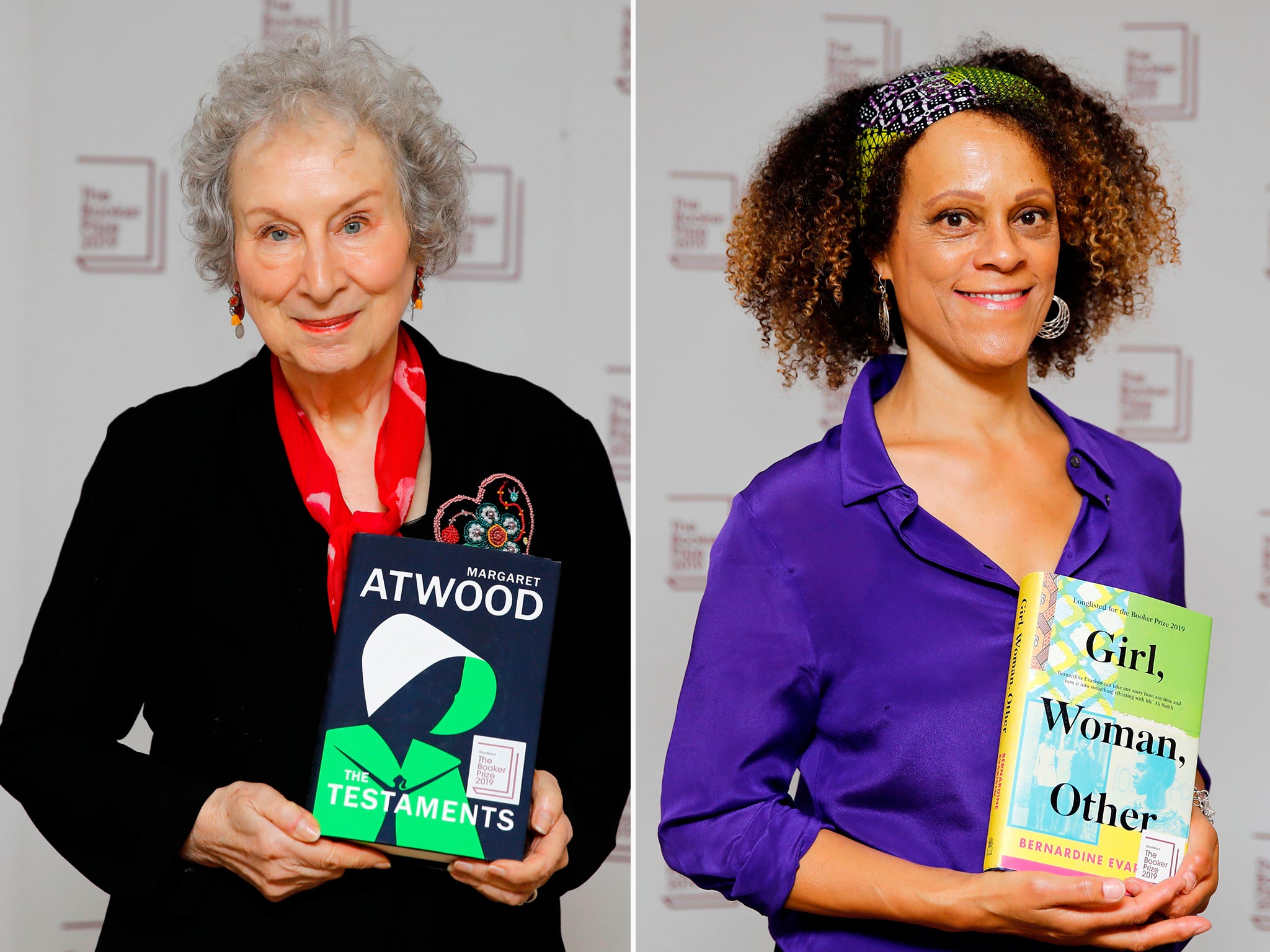JK Rowling: Platinum Jubilee judge defends decision to snub Harry Potter author from books list
The BBC’s Big Jubilee Read lists 70 ‘great reads’ from across the Commonwealth
Your support helps us to tell the story
From reproductive rights to climate change to Big Tech, The Independent is on the ground when the story is developing. Whether it's investigating the financials of Elon Musk's pro-Trump PAC or producing our latest documentary, 'The A Word', which shines a light on the American women fighting for reproductive rights, we know how important it is to parse out the facts from the messaging.
At such a critical moment in US history, we need reporters on the ground. Your donation allows us to keep sending journalists to speak to both sides of the story.
The Independent is trusted by Americans across the entire political spectrum. And unlike many other quality news outlets, we choose not to lock Americans out of our reporting and analysis with paywalls. We believe quality journalism should be available to everyone, paid for by those who can afford it.
Your support makes all the difference.One of the judges who helped to collate the Queen’s Platinum Jubilee reading list has defended snubbing JK Rowling’s Harry Potter series.
The list of 70 books by Commonwealth authors was compiled with the help of librarians from across the UK – along with readers in 54 countries – in a five-month search.
Over the weekend, the BBC’s Big Jubilee Read revealed its final selection, comprised from 10 books for each decade of the Queen’s reign.
Susheila Nasta, emeritus professor of modern literature at Queen Mary University of London, said there was a “big discussion about JK Rowling”, but that the series’ first instalment, Harry Potter and the Philosopher’s Stone, was ultimately omitted because it is a “children’s book”.
Some critics have pointed out that Australian author Markus Zusak’s 2005 novelThe Book Thief made the cut, however, despite being widely regarded as a children’s book.
Speaking on BBC Radio 4’s Today, Nasta commented that the list’s purpose is to suggest books that readers “might not have read before”. Nasta added that the Philosopher’s Stone was on the long list, which had to be cut down from 153 books, with only 14 writers from the UK making the final cut.
Rowling’s hugely popular fantasy series has sold over 500 million books worldwide since 1997, and has generated over £5.6b in profits from the eight movie adaptations.
JRR Tolkien’s Lord of the Rings was also omitted from the list, as well as Ian Fleming’s James Bond novels, despite both iconic series selling over 100 million books each.
British Man Booker Prize-winners Kazuo Ishiguro, Hillary Mantel and Bernadine Evaristo feature alongside Anthony Burgess’ A Clockwork Orange (1962), John le Carré’s Tinker Tailor Soldier Spy (1974) and Zadie Smith’s White Teeth (2000).

Overseas, Chinua Achebe’s Arrow of God (1964), Margaret Atwood’s The Handmaid’s Tale (1985), Chimamanda Ngozi Adichie’s Half of a Yellow Sun (2006), and Eleanor Catton’s The Luminaries (2013) all feature.
Suzy Klein, head of arts and classical music at BBC TV, said the list is “a real opportunity to discover stories from across continents”, and that it showcases “books that we might never have otherwise read” and “authors whose work deserves a spotlight to be shone on it”.
Alongside prize winners, the list features lesser-known titles like Trinidadian and Tobagonian Sam Selvon’s 1956 The Lonely Londoners, which is about the Windrush generation arriving in the UK and adapting to their new life.
“It’s a really exciting way to share the love of books with readers of all ages, and to give book groups and book borrowers a plethora of great titles to try, borrow, share and discuss,” Klein added.
Join our commenting forum
Join thought-provoking conversations, follow other Independent readers and see their replies
Comments